The Best Taiwanese Movies on Netflix
Notable for its continuing history of fighting state censorship and for its host of world-renowned directors making more thoughtful and realistic films, Taiwanese cinema has become a global inspiration and a key player in the progression of world cinema. With filmmakers that include the likes of Ang Lee, Edward Yang, Tsai Ming-liang, and Hou Hsiao-hsien, the East Asian country has crafted a remarkably distinct personality for itself, especially in contrast to their contemporaries in Hong Kong and China. And though the selection of Taiwanese films currently on Netflix might skew towards mainstream styles, their relatability and sensitive emotional core are still uniquely their own.
Jump to the top 10:
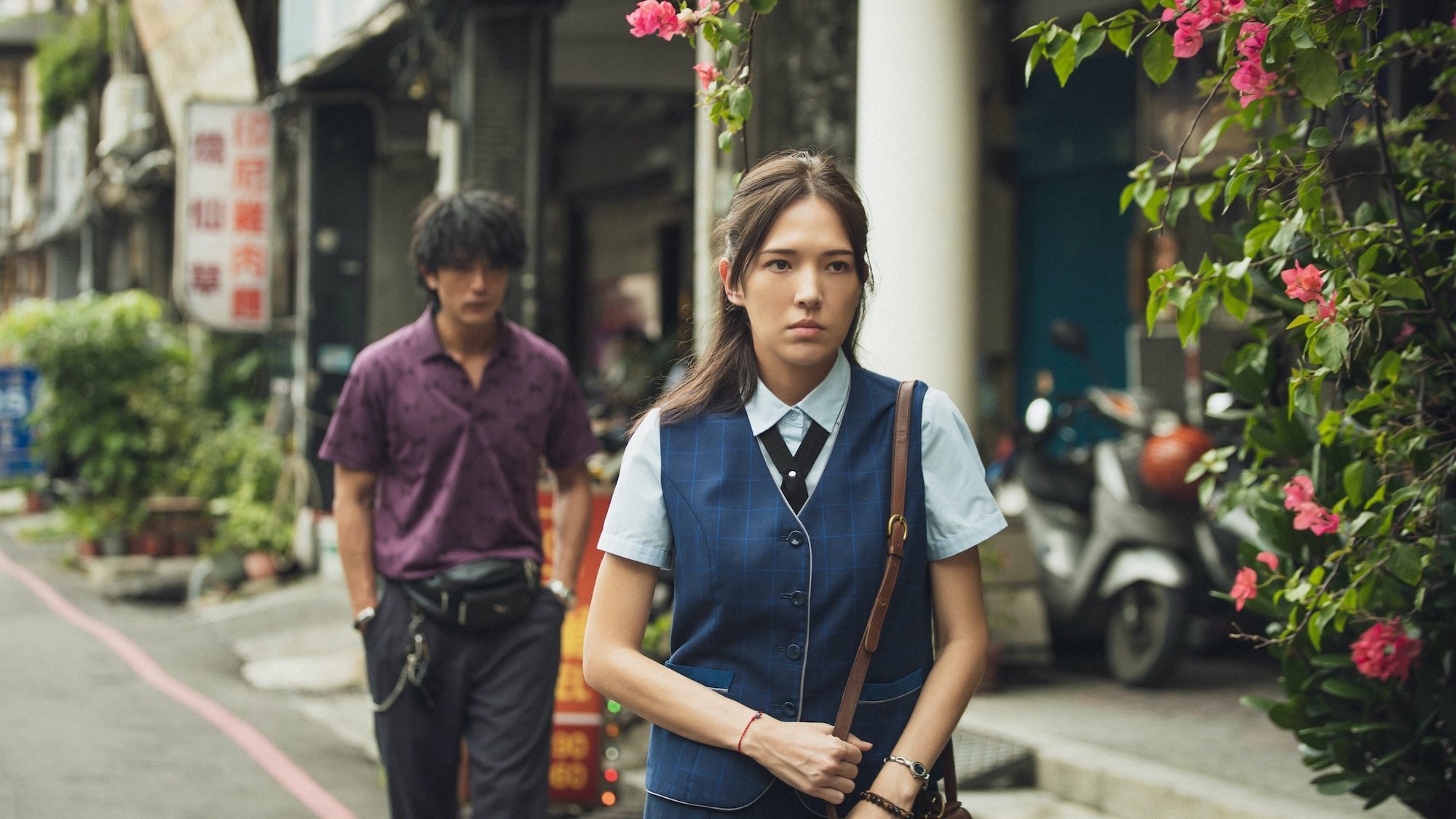
There isn’t anything about Man in Love—a remake of the 2014 South Korean film of the same name—that you haven’t already seen before. But this iteration of the love story between a kindhearted woman and a scoundrel in business with gangsters and creditors benefits from high production values that help Taiwan stay romantic despite the grit of the film’s plot. There’s also an undeniable earnestness to even the most predictable beats here, helping the love story at its center feel more like a heat-of-the-moment bond forged in desperate economic times, and less like an abrupt bout of passion.

Though Eternal Summer isn’t able to fully engage with its queer characters—maybe due to its being released in the mid-2000s—it still makes for a more interesting character study than you’d expect. This romance between three school friends has more on its mind than simply pitting two romantic pairings against each other. Unrequited feelings, unspoken secrets, and identities that are constantly in flux make Eternal Summer compelling just for the way these people try to dance around one another’s emotions. And since it’s shot in the muted colors of early digital filmmaking, this is a love story that becomes all the more melancholic just in the way it looks.
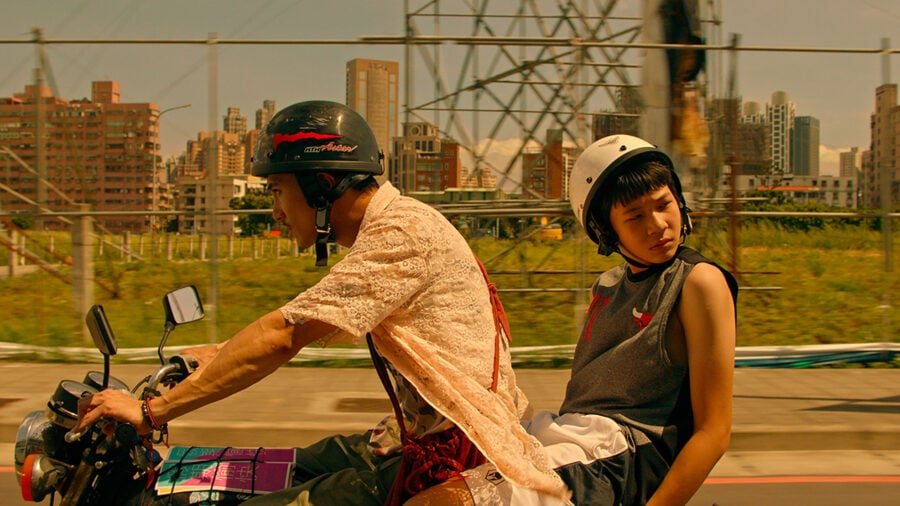
Dear Ex is a family drama that explores LGBT+ issues in contemporary Taiwan. As much as it is a movie about how people cope with loss, it’s a powerful, heartwarming, and intimate portrait of the relationship between Jay and Song Zhengyuan and all the obstacles they face.
While the themes of Dear Ex are heavy, the director makes the viewing experience easier for the audience thanks to humorous and witty dialogue. Meanwhile, the history between Jay and Song Zhengyuan’s relationship unfolds in a very beautiful, almost poetic way, and by the end of the movie, we understand that everyone gets their own kind of forgiveness. The way the characters effortlessly show that love is something beyond genders is admirable, and it is great to see how everyone gets their own kind of forgiveness whether it’s from themselves or from others by the end of the movie.
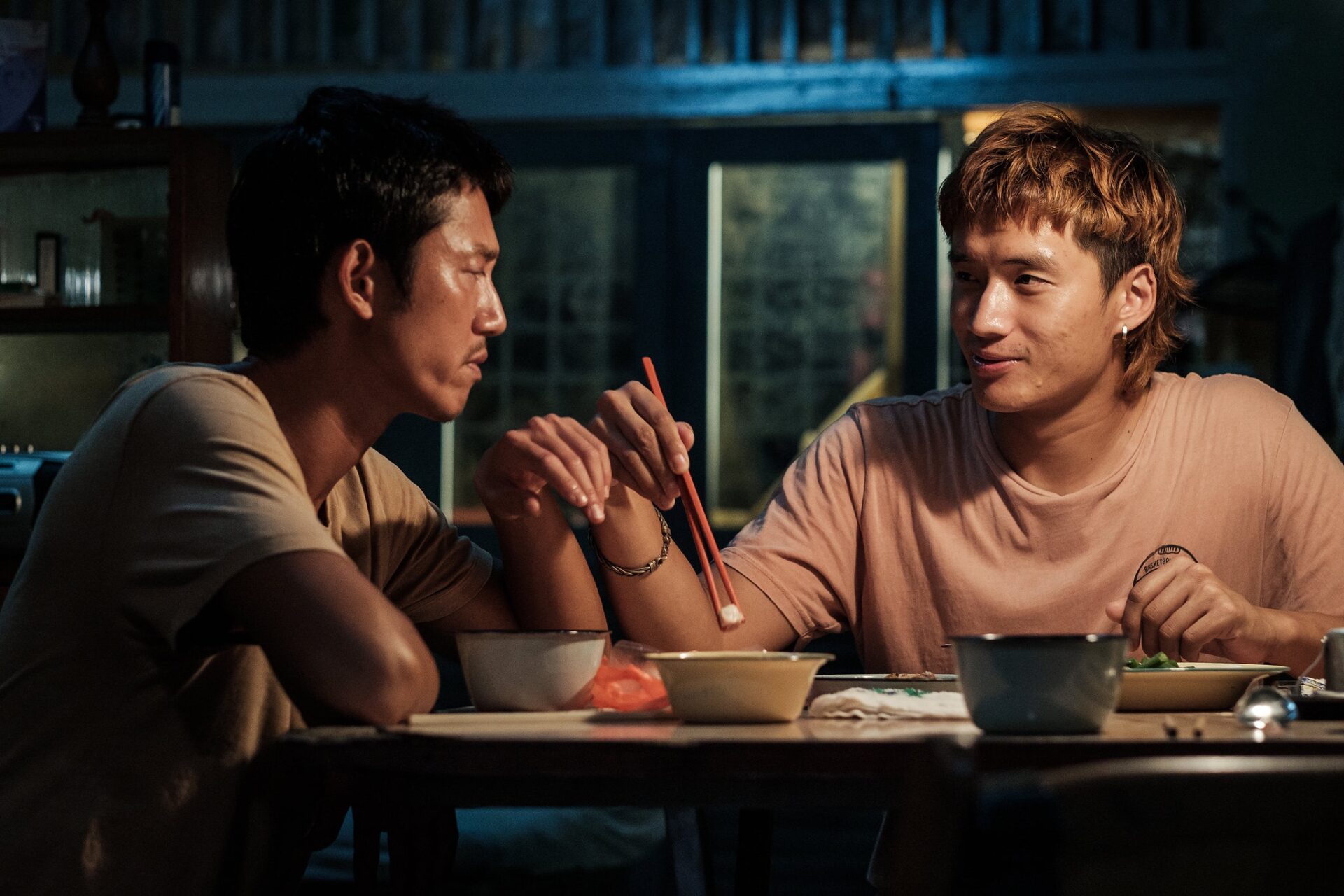
At the fringes of society, sometimes, all you have is your family. You would do all you can to feed, clothe, and protect them, and your fate hangs in the balance of what they do in return. Abang Adik is centered on two undocumented orphans in Malaysia, and because they only have each other, Abang does all he can legally and within his capabilities as a disabled man to scrounge up some money, but Adik tries to gain more secretly, resorting to scamming fellow illegal immigrants. Writer-director Jin Ong portrays their plight realistically, but more importantly, the drama works because Ong prioritizes crafting the compelling dynamic between them, making it much more heartbreaking when the loss of their one chance changes everything. Abang Adik may not be a perfect drama, but it’s a daring debut that’s needed.

Gangster films have an issue of glorifying organized crime, and in some ways The Pig, The Snake, and The Pigeon does the same. There are excellent, action-packed fight scenes that makes Ethan Juan as Chen Kui-lin look so damn cool, and the journey Chen takes as a stern criminal out for his legacy definitely romanticizes the character, but it’s so compelling to see him contemplate the purpose of his life through confronting those like him, who tend to move for the ideas of love and spiritual detachment. There are some moments when the pacing falters, but The Pig, The Snake, and the Pigeon delivers on its ending and reimagines the gangster as something to remember.
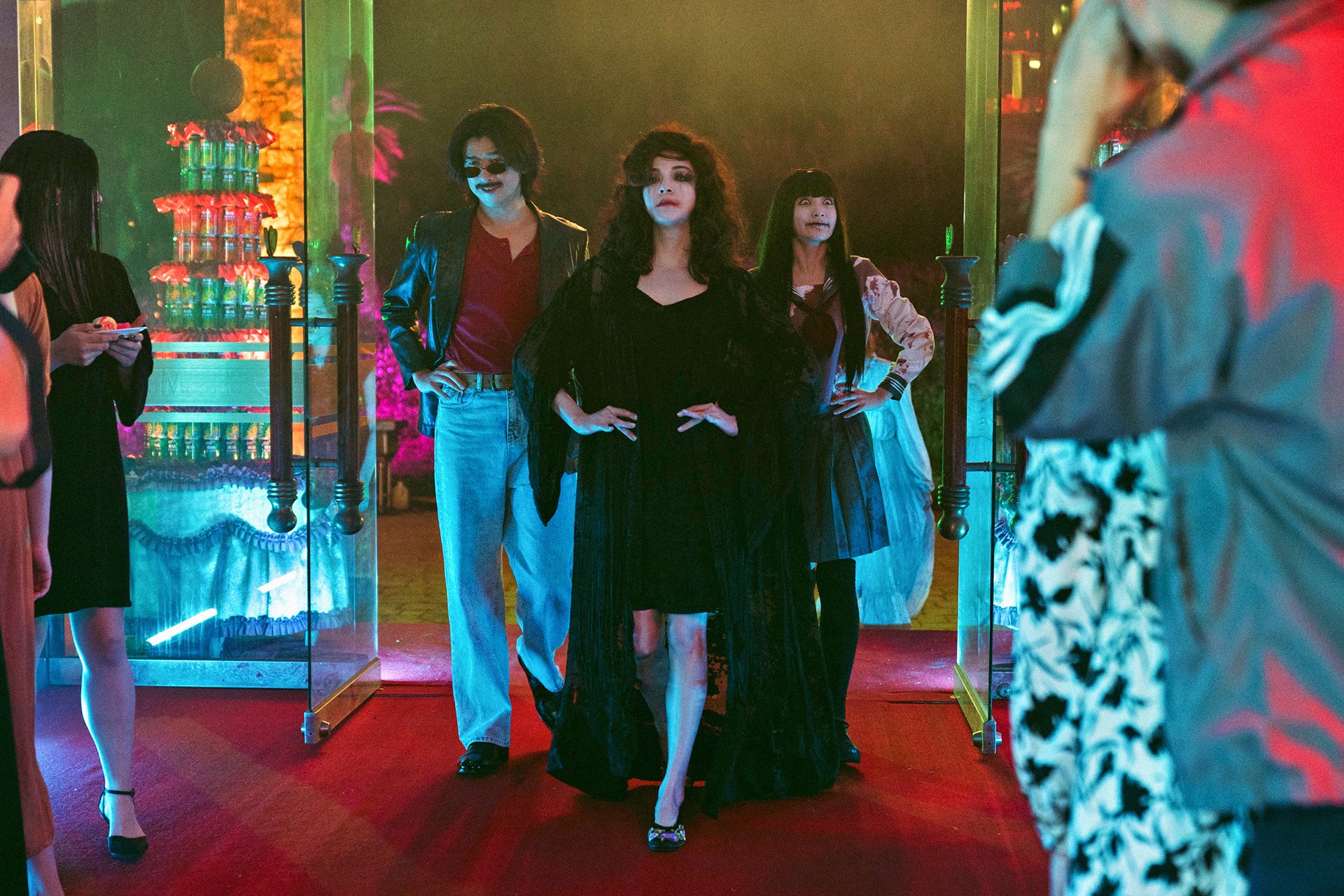
In the Dead Talents Society, ghosts haunting humans are less of a scare, and more a performance that can grant fame and fortune in the underworld. It makes for incredibly charming comedy. It affectionately satirizes East Asian horror in such a fresh way, comparing a ghost being remembered to today’s social media influencers, with views and validation directly tied to survival. However, as these ghosts scramble to scare unwitting humans, writer-director John Hsu resolves their need to be seen through the familiar path of fun and friendship, an approach that works with its offbeat humor and incredible performances. Dead Talents Society is very goofy, but it’s a unique horror comedy that won’t easily be forgotten.
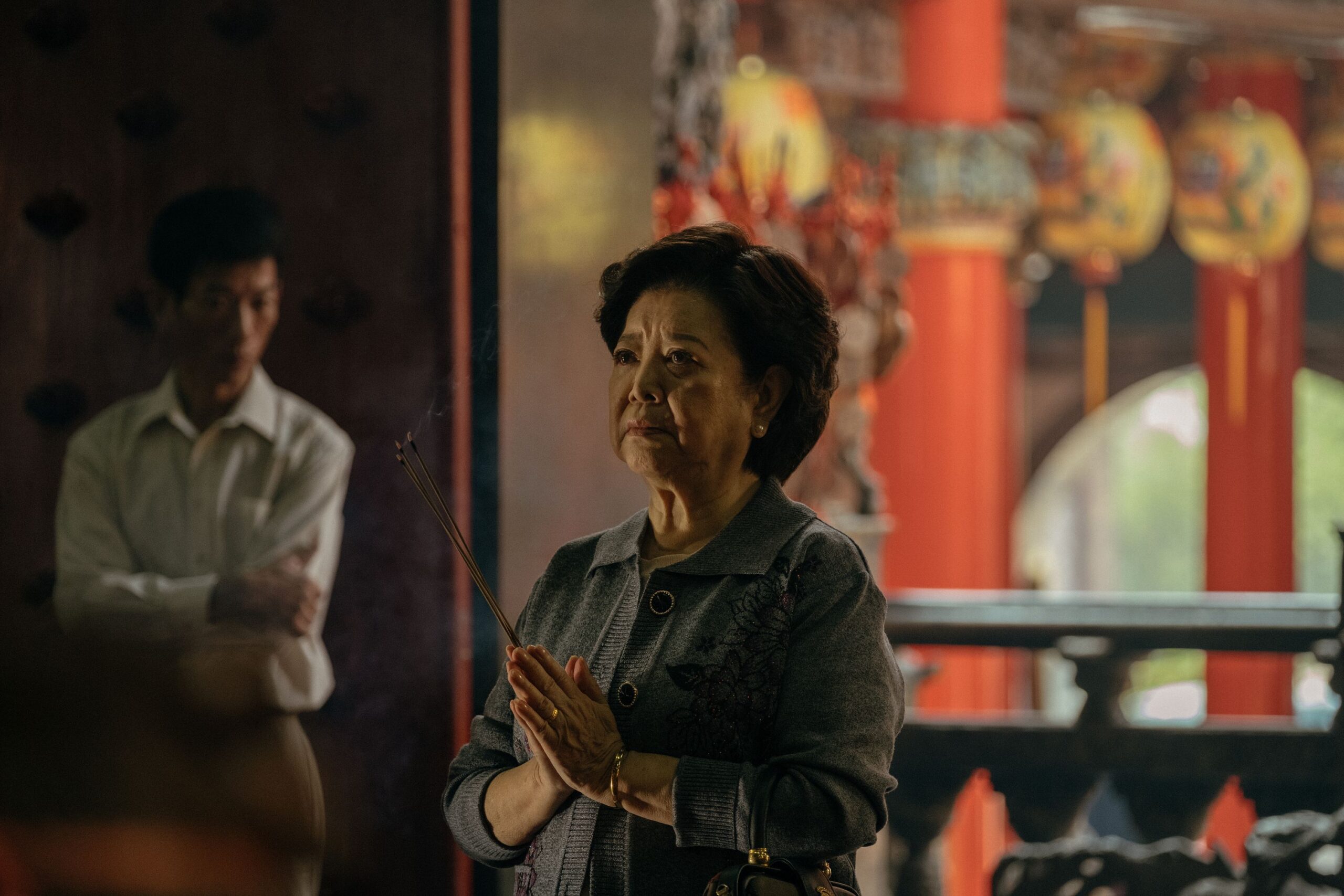
This sensitive and elegantly crafted melodrama recognizes that a death in the family doesn’t have to lead to the same expressions of mourning we expect from movies; there might not be any real sadness at all. But when different family members come together again and bring their own personal conflicts with them, suddenly everyone else’s little griefs fill the space, and the road to recovery becomes even messier. Little Big Women understands all this with an understated touch and brilliant, naturalistic performances from its cast. It makes for a loving tribute to the generations of tough and complicated women who often hold a family together.
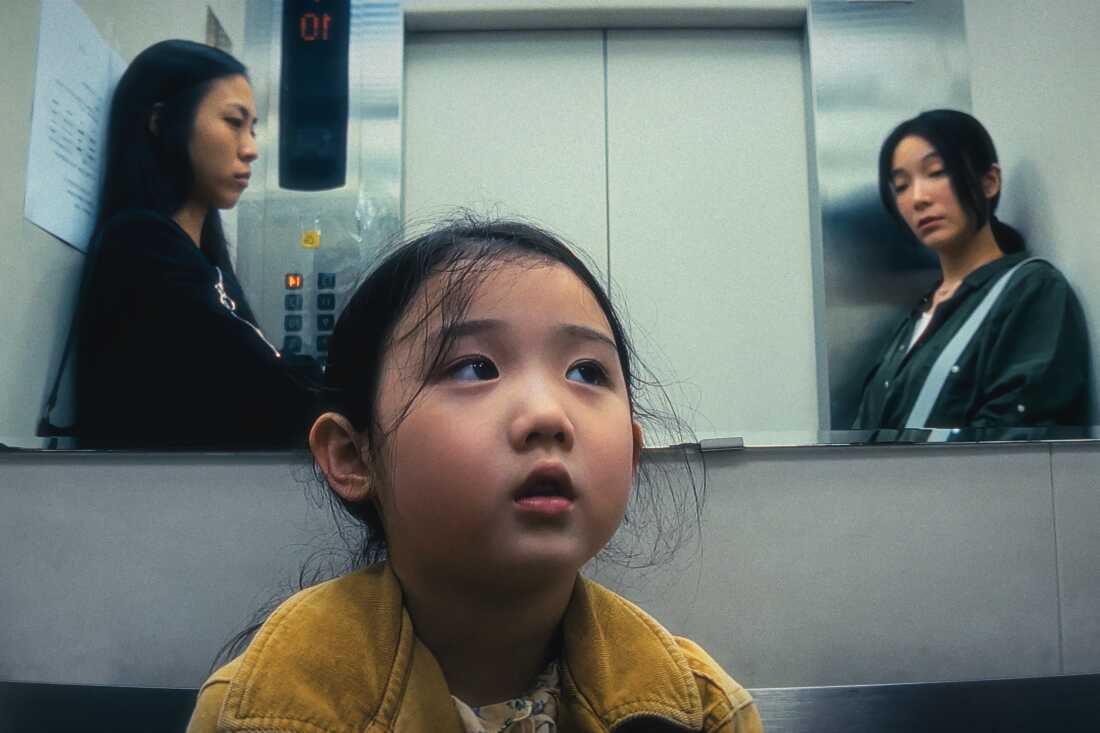
Left-Handed Girl is titled after I-Jing, the youngest daughter of the Ching family, whose left-handedness puts her at odds with her more traditional grandparents. That’s because left-handedness used to be associated with the devil. The idea is clearly outdated, but it hints at this family drama’s greater theme of being on the margin, of falling short of expectations placed by others. Of course, I-Jing’s left-handedness is easy to reconcile. The notion is considered outdated, and she’s portrayed by precocious newcomer Nina Ye. But what makes Left-Handed Girl so special is the way writer-director Shih-Ching Tsou deconstructs other expectations, such as Sho-Fen’s unfortunate marriage and the rebellion of her teenage daughter I-Ann. As the film unfolds, slowly revealing the fractures between them, Tsou subtly critiques how women carry the burden of saving face.

Your Name Engraved Herein is a melancholy and emotional film set in 1987 just as martial law ends in Taiwan. The film explores the relationship between Jia-han and Birdy, two boys in a Catholic school who are in a romantic relationship. The movie tackles homophobia and social stigma in society which evokes a bleak and rather depressing atmosphere, emphasised by the movie’s earthy aesthetic. There is a rawness in the film’s narrative and dialogue, topped off by the lead actors’ successfully raw performances. Your Name Engraved Herein is tender as well as heartbreaking, occasionally depicting the joy of youth.
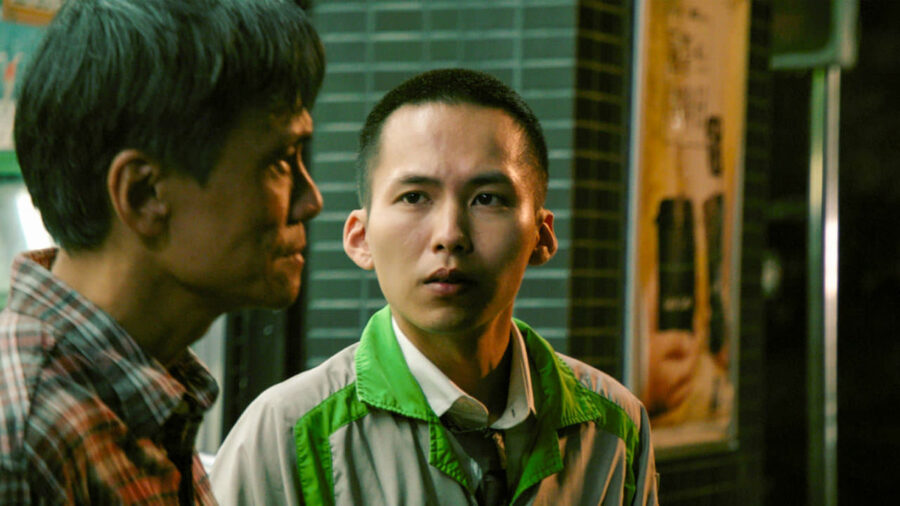
In The Sun, a family of four is dealt with tragedy after tragedy, beginning with the younger sun A-ho’s sudden incarceration. The mother is sympathetic but the father all but shuns him as he chooses to throw all his affection to A-hao, the older brother, and his med school pursuits instead. Themes of crime, punishment, family, and redemption are then explored in gorgeous frames and mesmerizing colors with director Chung Mong-hong doubling as the film’s cinematographer.
Despite itself, The Sun never falls into cliche melodrama territory. Its heavy themes are undercut by naturalistic acting and poetic shots, resulting in a deeply emotional but balanced film. Rich in meaning and beauty, The Sun will surely stay with you long after your first watch.

